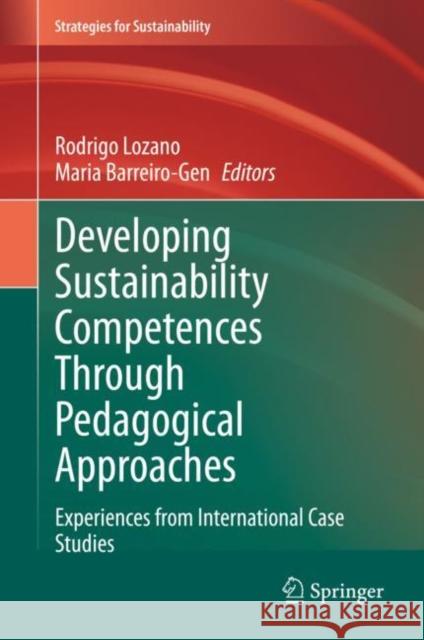Developing Sustainability Competences Through Pedagogical Approaches: Experiences from International Case Studies » książka
topmenu
Developing Sustainability Competences Through Pedagogical Approaches: Experiences from International Case Studies
ISBN-13: 9783030649647 / Angielski / Twarda / 2021 / 283 str.
Developing Sustainability Competences Through Pedagogical Approaches: Experiences from International Case Studies
ISBN-13: 9783030649647 / Angielski / Twarda / 2021 / 283 str.
cena 563,56
(netto: 536,72 VAT: 5%)
Najniższa cena z 30 dni: 539,74
(netto: 536,72 VAT: 5%)
Najniższa cena z 30 dni: 539,74
Termin realizacji zamówienia:
ok. 16-18 dni roboczych.
ok. 16-18 dni roboczych.
Darmowa dostawa!
Kategorie:
Kategorie BISAC:
Wydawca:
Springer
Seria wydawnicza:
Język:
Angielski
ISBN-13:
9783030649647
Rok wydania:
2021
Wydanie:
2021
Numer serii:
000418479
Ilość stron:
283
Waga:
0.63 kg
Wymiary:
23.88 x 19.56 x 1.78
Oprawa:
Twarda
Wolumenów:
01











